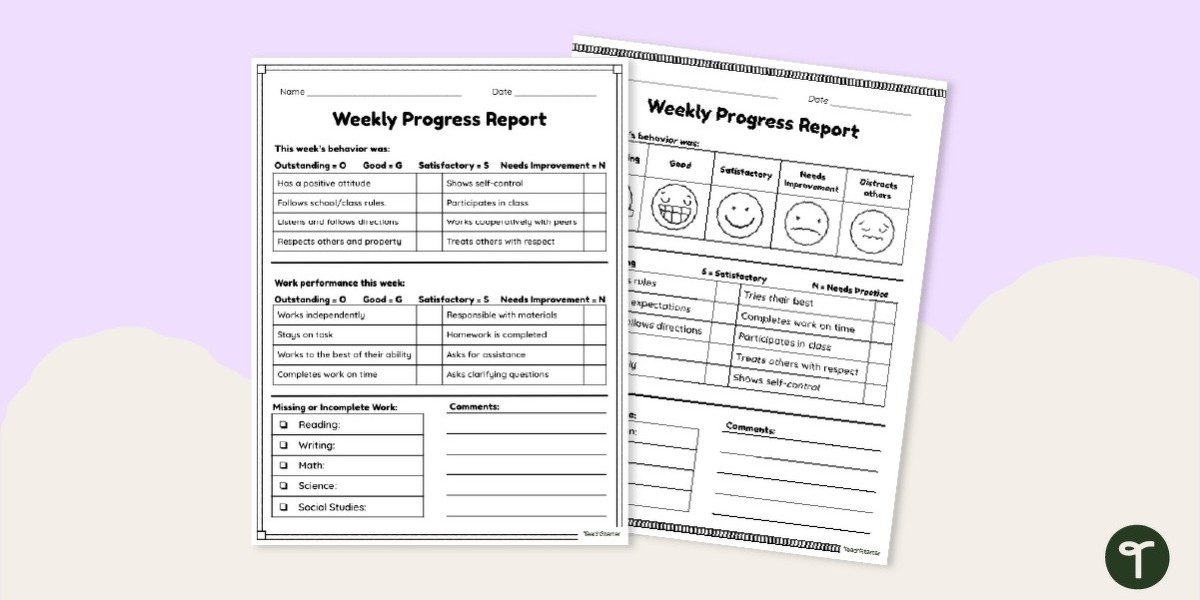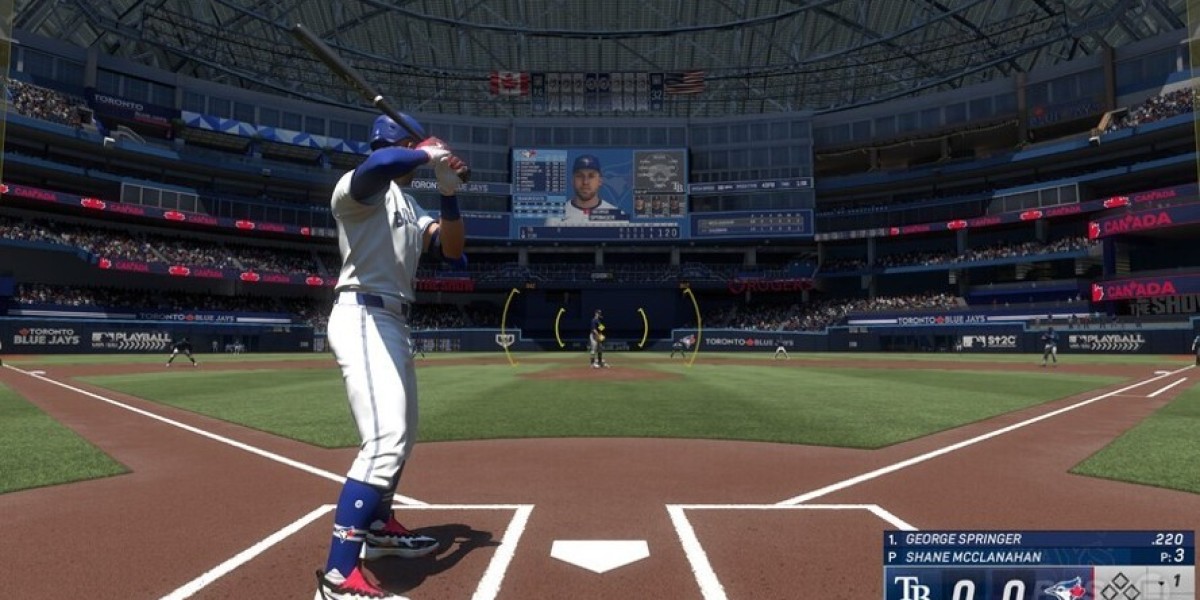Every poker player starts somewhere—usually at a table where the rules are still fresh in their mind and the focus is entirely on the cards in hand. At this stage, strategy is simple: follow the rules, learn the hand rankings, and hope for good luck. But as players gain experience, the game transforms from a mechanical exercise into a sophisticated psychological contest. The journey from “playing the cards” to “playing the player” is where the true essence of poker emerges.
Stage 1: The Rule Follower
For beginners, poker is often about memorization and basic tactics. You focus on your own cards, the strength of possible combinations, and whether you should bet, call, or fold based on the numbers. This stage is crucial—it builds the foundation for understanding the game’s mechanics. However, new players tend to overlook the broader context, such as how opponents behave, what their betting patterns suggest, and how position at the table can influence decisions.
Stage 2: Recognizing Patterns
After playing more hands, beginners start noticing that poker is not just about luck. They observe that certain opponents raise aggressively only with strong hands, while others bluff more often. This stage marks the first step into reading the game beyond the cards. Players start paying attention to what happens when they’re not involved in a hand, picking up small clues about how different personalities approach the game.
Stage 3: Understanding Position and Pressure
As knowledge deepens, players begin to value position. Acting later in a round offers more information, enabling better decisions. They also learn how pressure—whether through large bets or aggressive play—can force opponents into making mistakes. Here, poker starts becoming more about manipulating the situation than simply reacting to the cards dealt.
Stage 4: The Psychological Shift
This is the turning point when poker evolves into a game of people rather than just numbers. Veterans start asking themselves: What does my opponent think I have? How can I make them believe something different? This psychological layer is where bluffing, semi-bluffing, and trap plays become integral parts of a player’s arsenal. Instead of relying solely on good cards, experienced players win pots through well-timed deception and reading their opponents’ mental state.
Stage 5: Mastery and Adaptation
True veterans can shift gears instantly. They can play aggressively against cautious opponents, tighten up against reckless ones, and change their style mid-game to keep others guessing. At this level, poker becomes a constant adaptation to the table’s dynamics. Every bet, check, and fold is part of a larger story they are telling to influence others.
Why This Transformation Matters
The move from “playing the cards” to “playing the player” is the difference between being a casual participant and a serious contender. It’s a journey that requires patience, observation, and the willingness to learn from mistakes. It also turns poker into a deeper and more engaging experience—one where skill and psychology outweigh pure luck.
The Tools for the Journey
While experience is the greatest teacher, having enough chips to keep playing, experimenting, and learning is essential. In the digital era, games like Governor of Poker 3 provide the perfect platform to practice these skills against players from around the world. With time, you’ll find yourself less focused on your own cards and more interested in the mind games happening across the table.
If you’re ready to keep building your skills and bankroll, visit mmowow items to buy governor of poker 3 chips.








